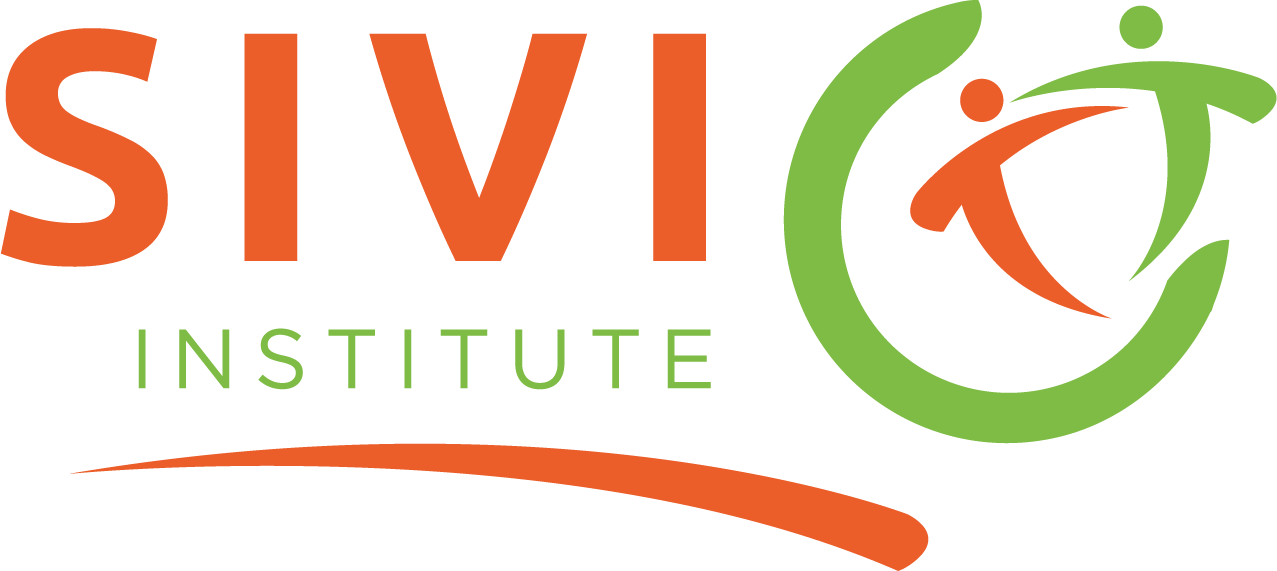This training course is designed to equip participants with the tools, knowledge, and strategic insight needed to influence mining policy and governance in Africa. Grounded in real-world case studies and participatory learning, this course explores the intersection of mining, public policy, and civic engagement, prioritising transparency, equity, and local empowerment.
Participants will learn how to analyze complex mining regulations, identify power dynamics across stakeholder groups, and design evidence-based advocacy campaigns that advance the interests of communities, civil society, and sustainable development. From navigating Free, Prior and Informed Consent (FPIC) to leveraging digital tools for policy influence, the course prepares learners to become strategic actors in reshaping extractive sector governance.
Ideal for civil society leaders, local authorities, researchers, and community monitors, this course blends theory with hands-on tools to support effective policy engagement and systemic change in the mining landscape.
By the end of this course, participants will be able to:
- Understand the policy landscape and regulatory frameworks shaping the mining sector.
- Analyse mining policies through the lenses of transparency, sustainability, and equity.
- Identify leverage points for civic engagement and policy influence.
- Design and implement advocacy strategies targeting improved governance and local benefit-sharing.
